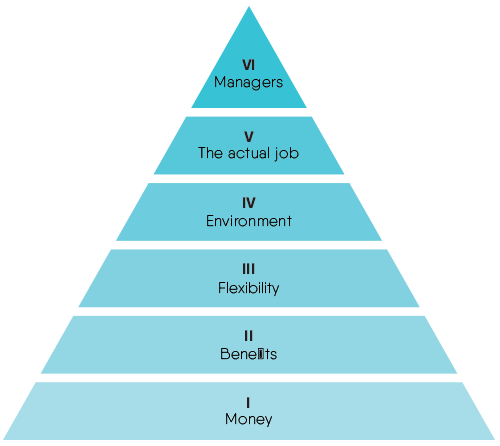Had a really talented lady reach out to me the other day. 49 years old, college grad, great portfolio of work. She has been interviewing and is being told she is “Overqualified”.
There is some truth about her being called this. She does have more qualifications than the position requires, but she fully understands what the job is and she wants to do that job, with no notion of wanting to do more than that job, unless her performance shows she’s capable of moving up and the company needs her to move up.
“Overqualified” is just another way to say “Hey, I think you’re too old to work for me!”
Tell me I’m wrong! Give me all the reasons someone is “Overqualified” for a job they want to work at and understand what the job specs are?
I’m a Heart Surgeon but it’s a stressful job, so I decided to take a step back and just do some Cardiac Rehab work. Still get to work with heart patients, but it’s a less stressful workload and pays a heck of lot less, you need less education to do that job.
Am I overqualified to do Cardiac Rehab if I have experience as a heart surgeon? Only if you tell me I am! It’s a job I want, and I have the skills and desire to do that job, so I would say I’m quite qualified to do that job, not overqualified.
TA pros and hiring managers say someone is overqualified when they’re too stupid to come up with another reason about why they don’t want to hire someone who has great experience and more years of experience.
“Oh, Tammy, yeah, she’s overqualified to work in that job. I mean she wouldn’t be happy long-term reporting to me, and I mean she has more experience than I have!” Oh, she told you that? “Um, no.”
I constantly run into retired people who aren’t ready to retire and want to keep doing valuable work. They have great skills and knowledge, but 32-year-old Steve won’t hire them because Steve believes they won’t take his direction. That’s a Steve-issue, not the candidate’s issue!
By the way, this isn’t a young-to-middle-aged guy problem, women are just as bad! Turns out we all love to discriminate against old people, equally!
Tech companies are the worse. Creative companies are the second worse.
Tech companies believe only young people know technology. Creative companies think the only people who buy products and services are 26-year-olds on Instagram and Snap.
“Tim, you just don’t get it. I don’t want to hire someone who is going to retire in 5 years!” What’s your average tenure at your company? “4.2 years” Yeah, having someone for 5 years would really suck for you!
I had a hiring manager tell me this once when he interviewed a person who was 52! “I need someone who is going to stay long term!” Um, 13-15 years isn’t long term?! You’re an idiot!
I find telling hiring managers “You’re an idiot!” is super effective in getting through to them, and cutting straight through to their bias. It has worked 100% of the time in my career. It really works across all biases.
So, now tell me, why don’t you hire someone who is ‘overqualified”?

 Level I – Money – cash!
Level I – Money – cash!